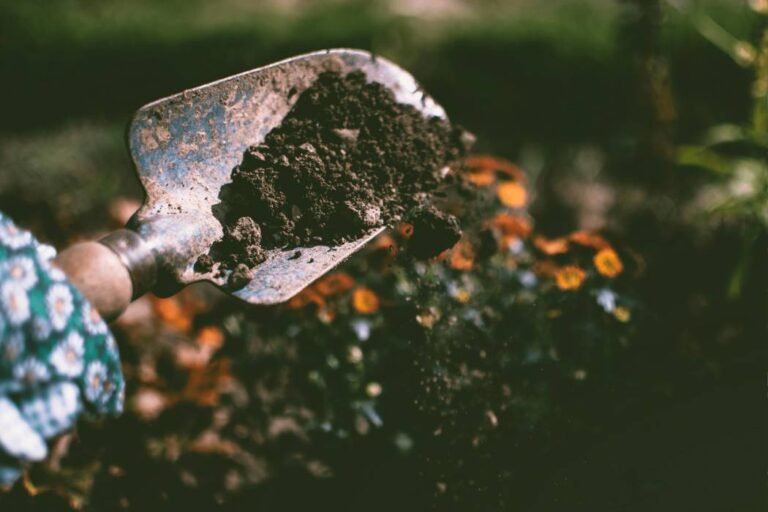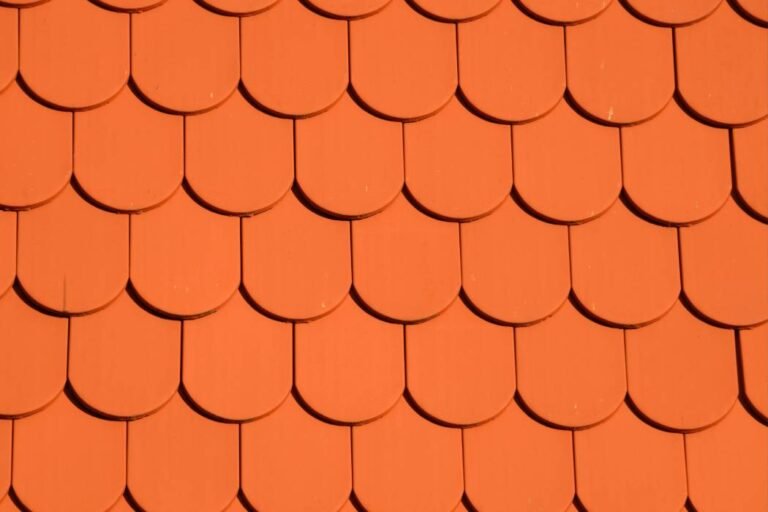If you are planning to grow herbs and vegetables at your home, it is going to be a great way to have fresh foods for a kitchen that is going to be very healthy if this is done. The process of indoor gardens is suited to people who aren’t lucky enough to have a huge backyard and for those who live in apartments.
The first thing to think about when starting indoor gardening is choosing the right spot in your house. Plants need sunlight to grow, so it’s important to find a place that gets enough light. A sunny windowsill or a place near a window is perfect. Most herbs and vegetables need at least six hours of sunlight a day. If your house doesn’t get enough sunlight, you can use grow lights. These are special lights that help plants grow indoors, even in places where there is little or no sunlight. They can be bought in gardening stores or online.
Next, you need to pick what you want to grow. Herbs are a good choice for beginners because they are easy to grow and don’t need much space. Some popular herbs to grow indoors are basil, mint, parsley, oregano, and coriander. These herbs are useful in cooking and can be harvested all year round. Vegetables can also be grown indoors, but you need to choose the right ones. Lettuce, spinach, radishes, cherry tomatoes, and peppers are good choices because they don’t need much space and grow well indoors. Start small, and as you get more experience, you can try growing more types of herbs and vegetables.
Once you’ve picked the herbs and vegetables you want to grow, you need to prepare containers for them. You don’t need expensive pots for indoor gardening. You can use anything that holds soil, like plastic containers, old buckets, or even jars. Just make sure that the containers have holes at the bottom for drainage because plants don’t like sitting in water. If water stays in the soil too long, the roots of the plants can rot, which will kill the plants. You can also place a tray under the containers to catch any extra water that comes out.
For indoor gardening, you will need good-quality potting soil. Regular garden soil might not work well indoors because it can become hard and compact, making it difficult for plants to grow. Potting soil is lighter and allows water to drain easily. You can buy it from any gardening store. Some people also mix the potting soil with compost to give the plants extra nutrients. Compost is a type of natural fertilizer that helps plants grow strong and healthy.
When you are ready to plant your herbs and vegetables, make sure to follow the instructions on the seed packets. Some seeds need to be planted deep in the soil, while others should be planted near the surface. After planting, gently water the seeds to keep the soil moist, but don’t make it too wet. If the soil stays too wet, the seeds might not grow properly. As the plants start to grow, make sure they get enough sunlight and water regularly. But remember, different plants need different amounts of water. For example, herbs like basil need more water, while plants like cacti need very little water. It’s important to know how much water your plants need to keep them healthy.
Another important thing to remember is that plants need air circulation. If the air in your house is too still, plants might get diseases or fungus. You can open windows for a few hours each day to let fresh air come in. If that’s not possible, you can use a small fan to help move the air around the plants.
As your herbs and vegetables grow, you can start harvesting them. For herbs, it’s best to trim the leaves from the top, so the plant can continue growing. When harvesting vegetables like lettuce or spinach, you can cut the outer leaves first and leave the center of the plant to grow more. This way, you can continue to harvest from the same plant for a long time. With cherry tomatoes, wait until they turn red and ripe before picking them.
Sometimes, plants might get pests, even indoors. The good news is, you can easily manage this without using chemicals. Neem oil is a natural product that you can spray on your plants to keep pests away. Another method is to use a mixture of water and dish soap to clean the leaves. This will help keep the plants safe from insects without harming them.
Indoor gardening is not just about having fresh food; it also makes your home more lively and green. Plants can help improve the air quality in your home and make it feel more peaceful. It is a relaxing activity that connects you with nature, even if you live in the middle of a busy city. Plus, when you grow your herbs and vegetables, you know they are free from chemicals and pesticides, making them healthier for you and your family.




